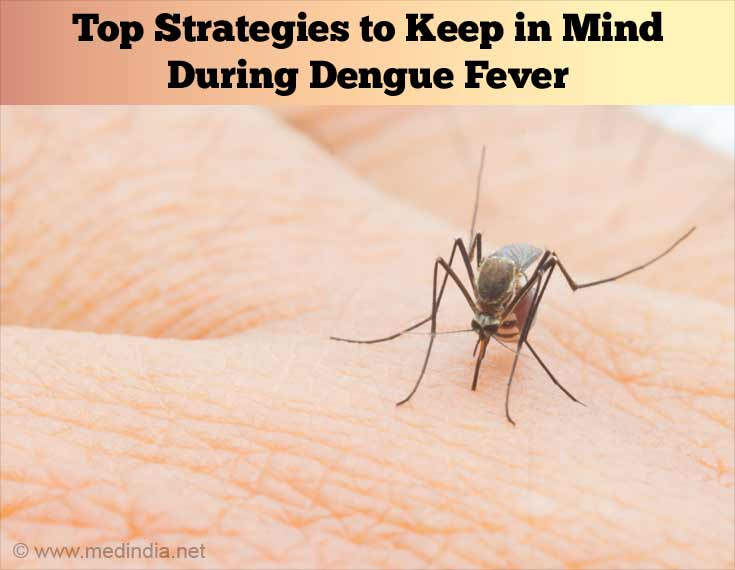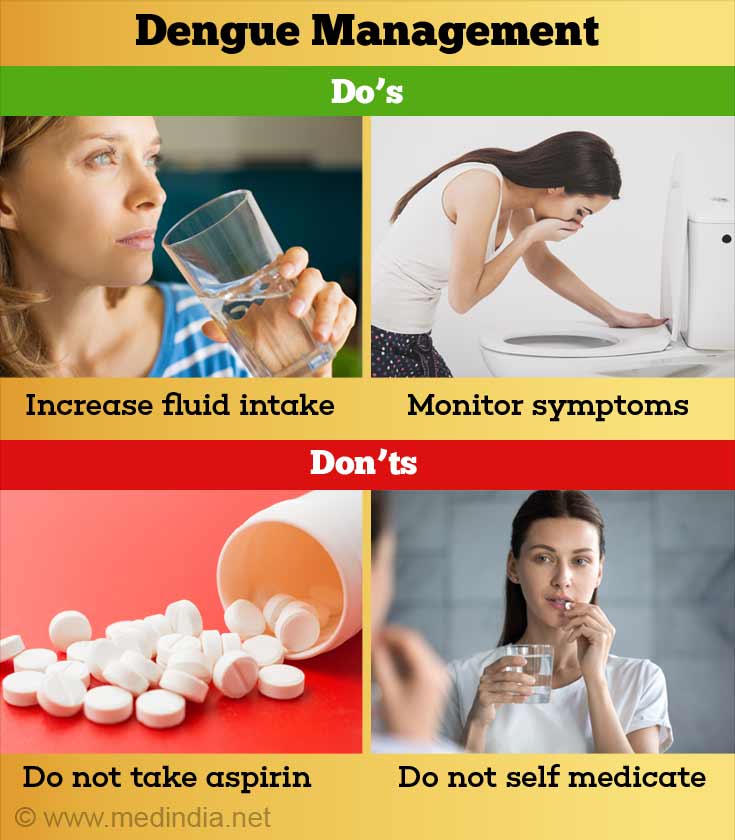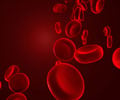- Dengue Case Management - (http://www.cdc.gov/dengue/resources/dengue-clinician-guide_508.pdf)
About
The country has recently been under the grip of the deadly tropical disease dengue. The outbreak of this disease has created panic among the public due to its severity and the lack of effective treatment strategies for dengue in India. Dengue has affected more than 65,000 people in India in 2015. Of the confirmed dengue cases, over 6000 deaths have been reported across India.
Dengue fever is a vector-borne disease caused by mosquitoes carrying the dengue virus or Flavivirus. Dengue fever can sometimes lead to the more dangerous forms of the disease known as dengue hemorrhagic fever and dengue shock syndrome, which if not treated can be fatal.

Prevention is Better Than Cure
In India, Delhi has been the worst affected city with a record of over 16,000 dengue cases in 2015 and still counting. Dengue is a viral disease that is not contagious with the main reason for its spread being the breeding of mosquitoes carrying the dengue virus. Dengue has no effective cure and a dengue vaccine is still under clinical trials. But dengue can be easily prevented by taking precautionary measures early.
Top 15 Dos and Don’ts for Preventing Dengue fever
- Prevent entry of mosquitoes by installing screens on windows
- Use mosquito repellants like creams, mats and coils.
- Dengue carrying mosquitoes have black and white stripes and bite mostly on the knees, legs, neck and ears. Therefore, protect against mosquito bites in these areas. .
- Wear full-sleeved clothes
- Eliminate all mosquito breeding sites and prevent water-logging in surroundings
- Use mosquito nets on beds while sleeping
- Clean water coolers and water tanks frequently and keep all water resources fully covered.
- Dengue mosquitoes can breed only in clean water not in dirty water. Therefore, regularly clean your water storage containers.
- Create awareness about the spread of dengue in your locality.
- Educate children on dengue symptoms and keep a close watch on their activities.
- Do not accumulate old tyres, water tanks, tubes, plastic containers, etc. as they act as breeding grounds for the mosquitoes.
- Do not allow children to wear short-sleeved clothes and play in water puddles and stagnant water bodies.
- Do not assume symptoms and self-medicate
- Do not use alternative medicines that are advertised as they are not backed by medical research.
- Do not keep water containers open as they can attract mosquitoes to breed.
Top 15 Dos and Don’ts for Managing Dengue fever
- Closely observe symptoms as they develop once infected with the dengue virus.
- Always see a doctor immediately if dengue symptoms are suspected and do a dengue diagnosis test.
- Patients must intake lots of fluids regularly to stay hydrated as dengue causes dehydration.
- Loss of plasma cells is one of the prominent symptoms of dengue. Eat immunity-boosting fruits, and drink fruit juices rich in Vitamin C.
- Dengue patients must be kept isolated and monitored continuously. If symptoms worsen they should be taken to a nearby hospital immediately.
- Drugs such as paracetamol for fever must only be given to patients only if a doctor prescribes it.
- Spray aerosols during day time to keep the mosquitoes away.
- Monitor patients closely for symptoms like vomiting, bleeding or weakened pulse rate.
- If dengue hemorrhagic patients experience hypotensive shock, timely intravenous therapy with isotonic crystalloid solution should alleviate it.
- In case of severe bleeding, opt for blood transfusion after the doctor prescribes.
- Watch the patient for more than two days even after symptoms disappear.
- Do not give antibiotics as dengue is caused by a virus, not a bacteria.
- Do not give NSAIDs (nonsteroidal anti-inflammatory drugs) like aspirin, ibuprofen and steroids as they can cause severe bleeding.
- Do not provide intravenous therapy until administered and do not self-medicate.
- Do not wait till symptoms manifest, early dengue treatment is always recommended.









